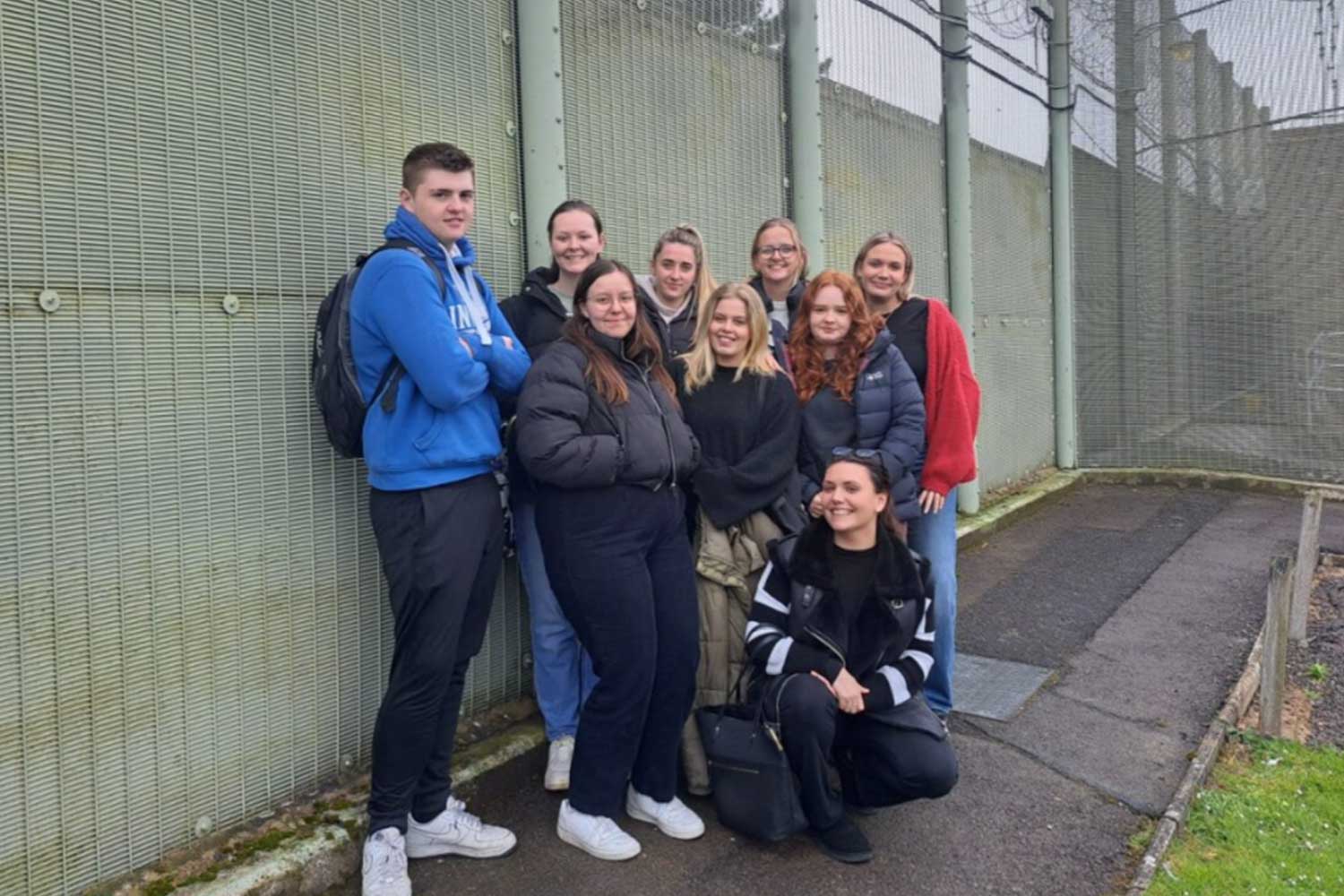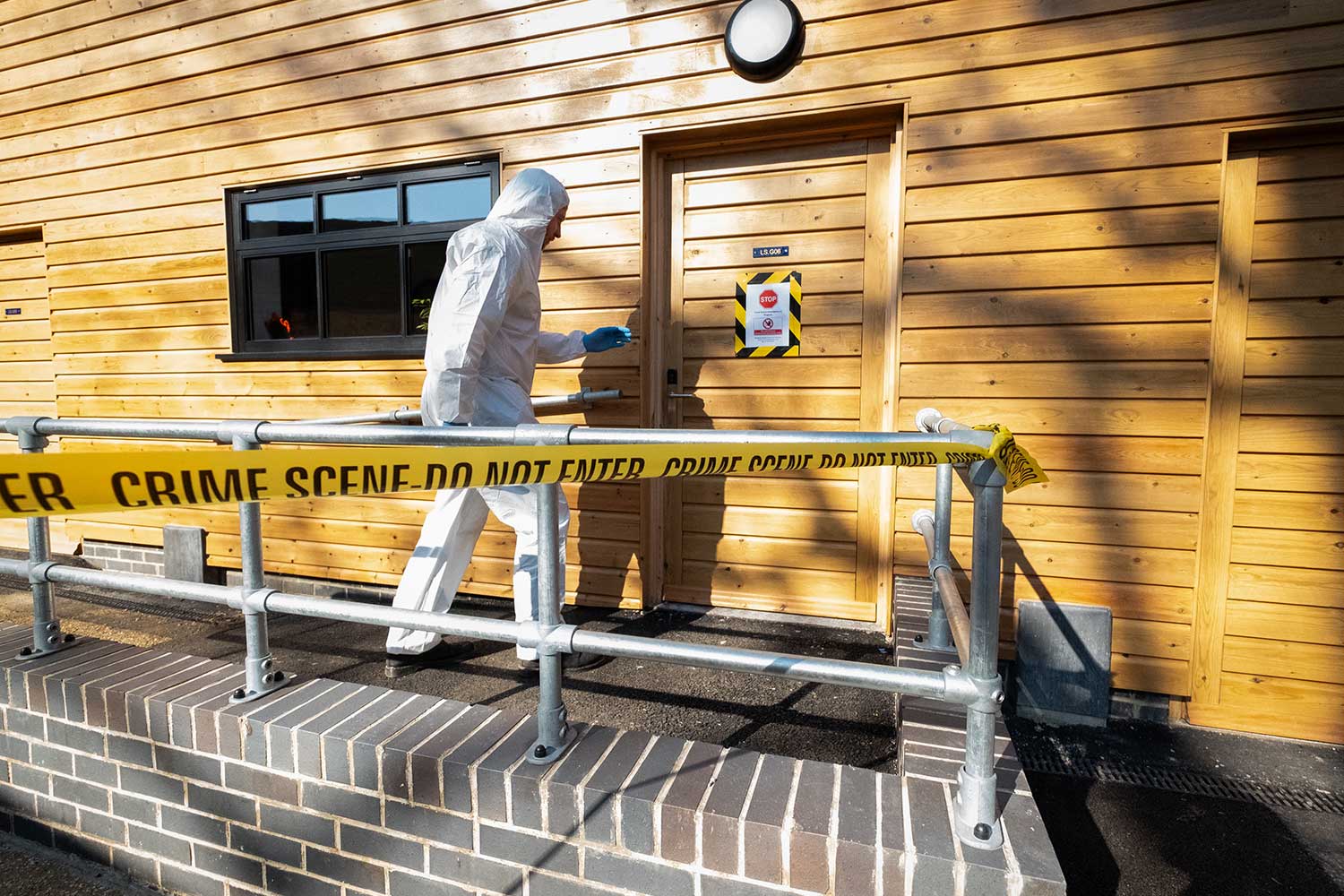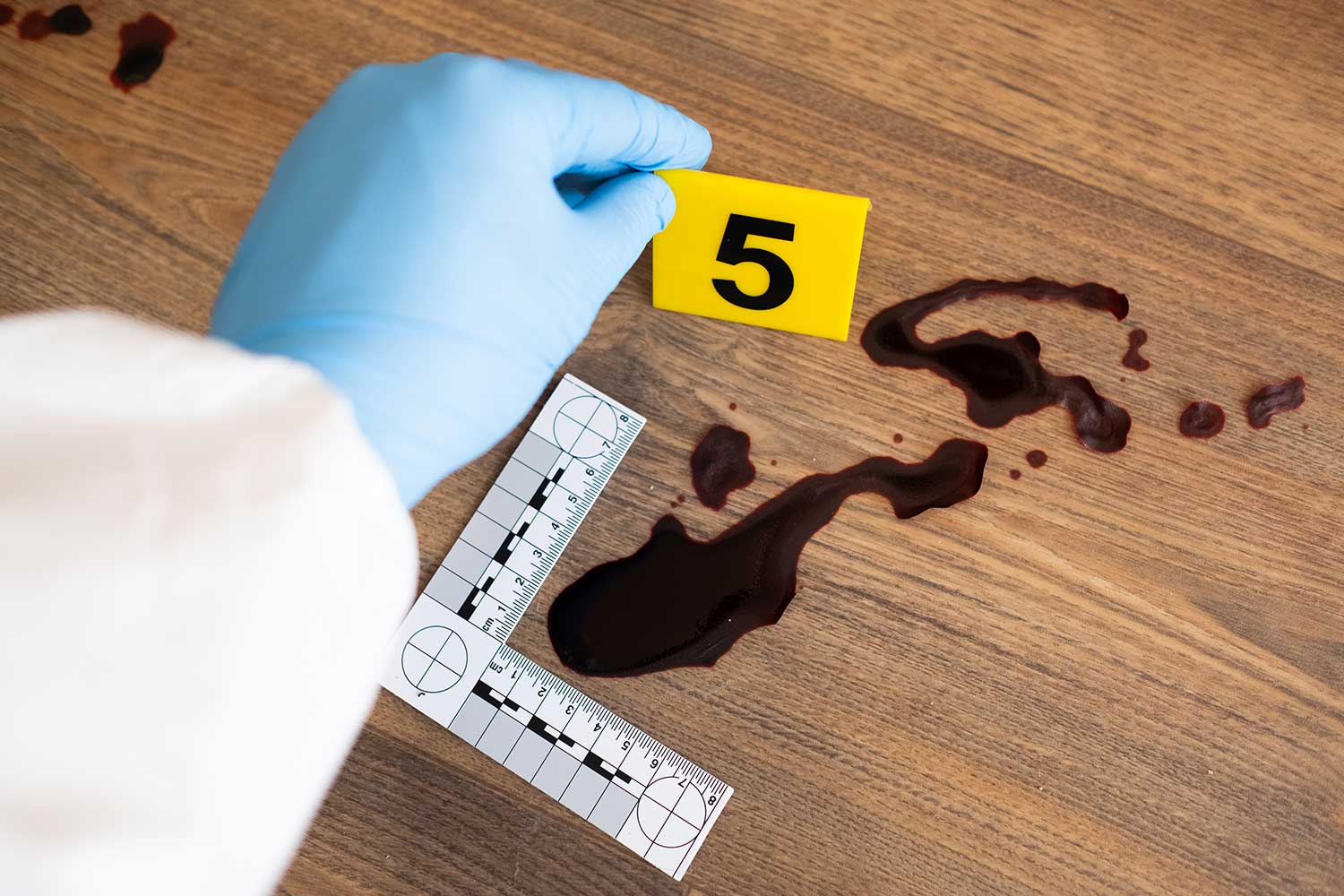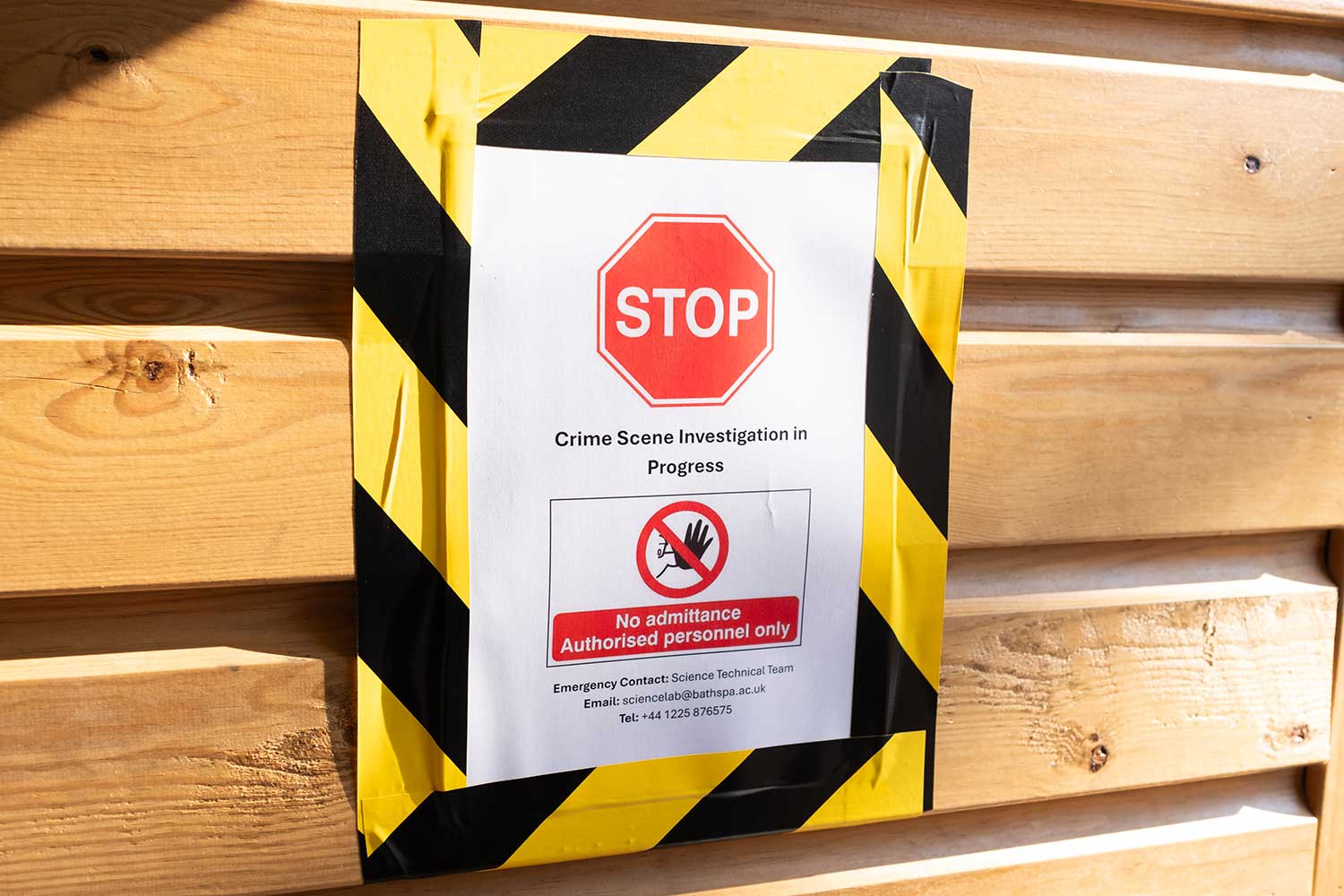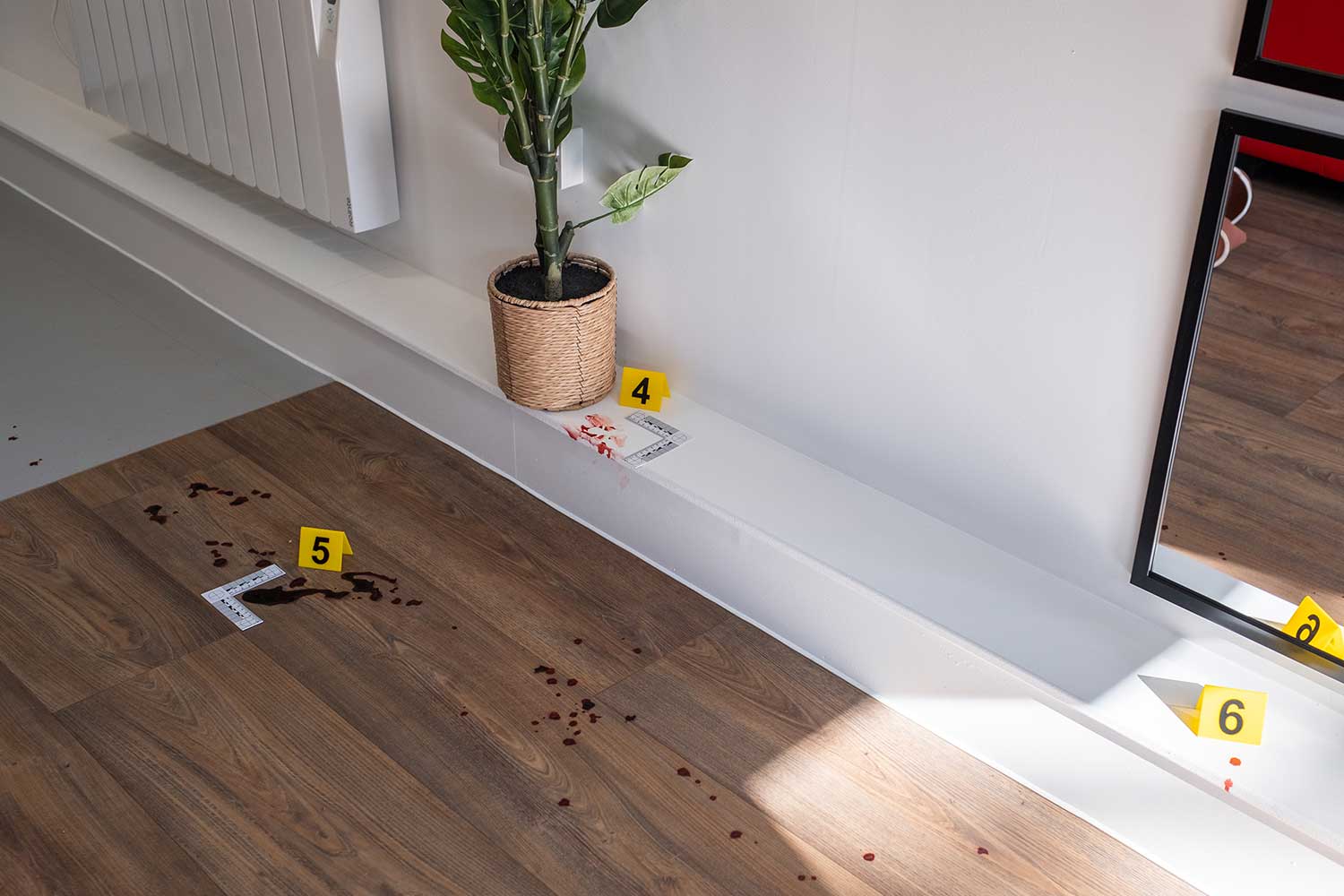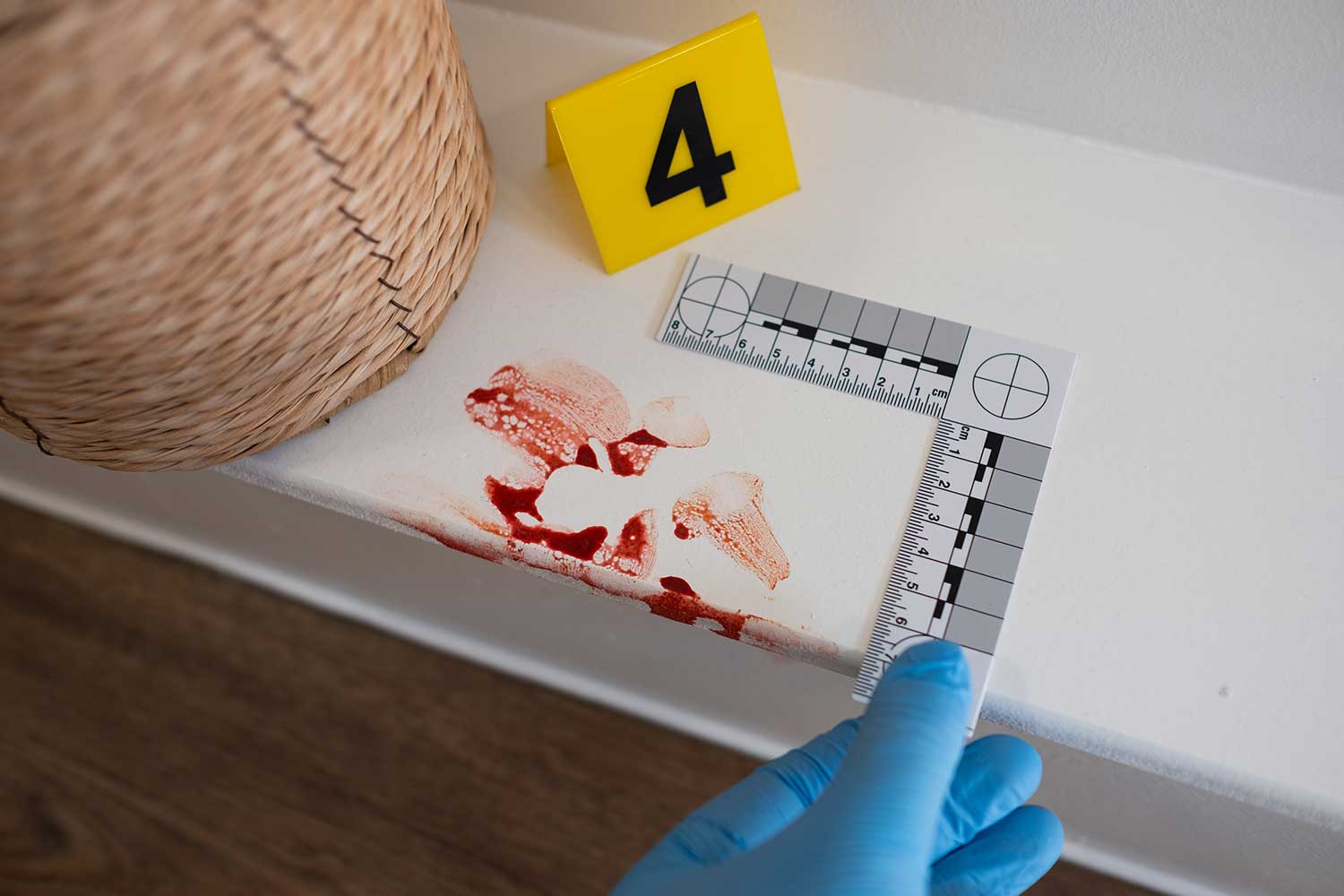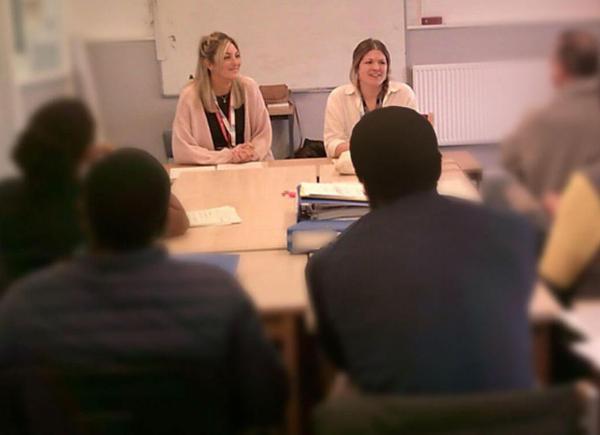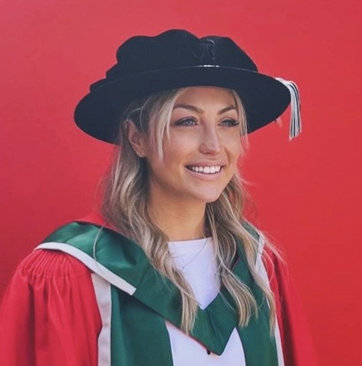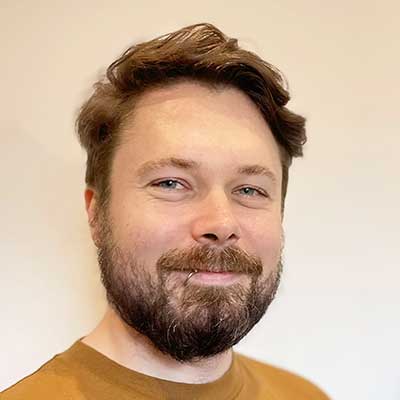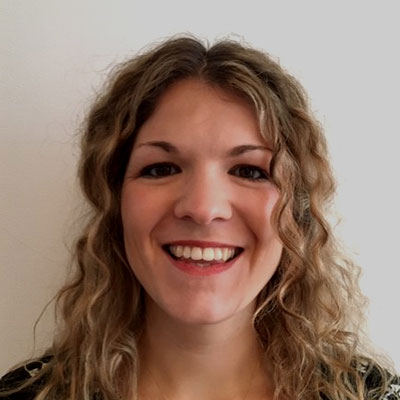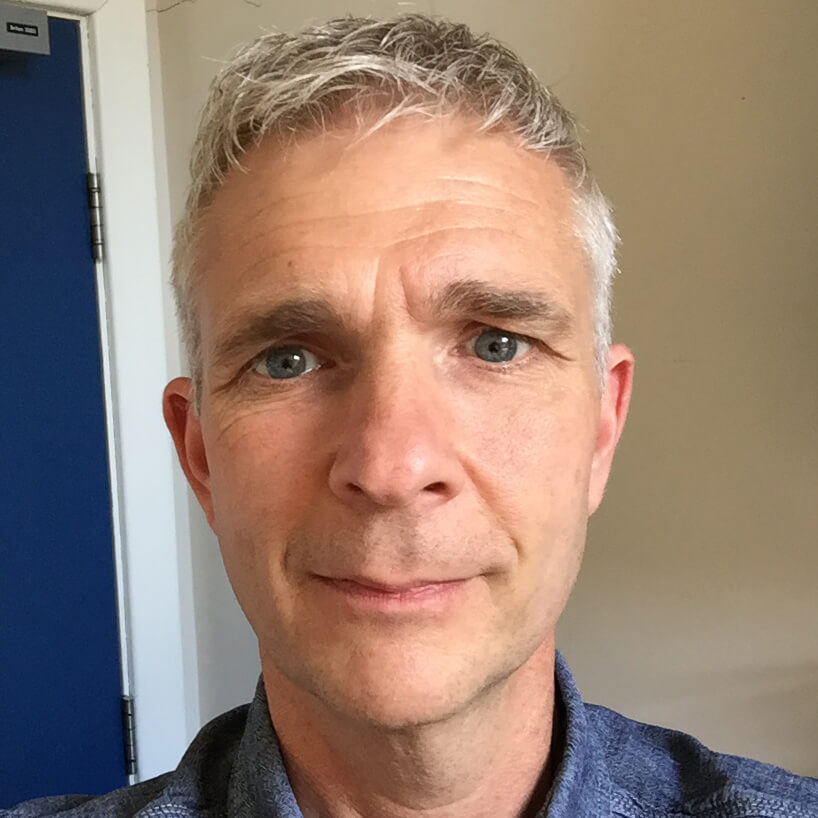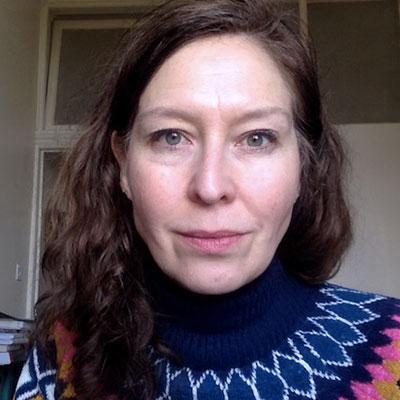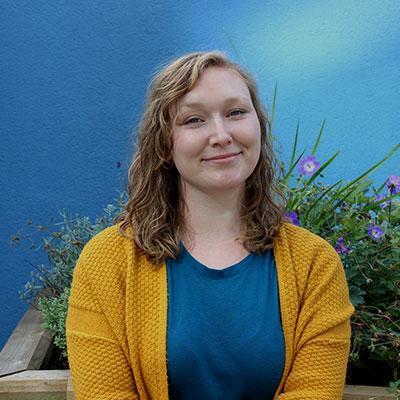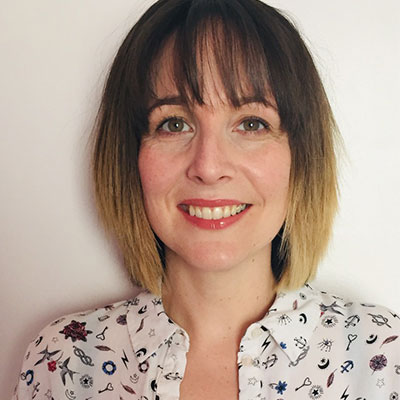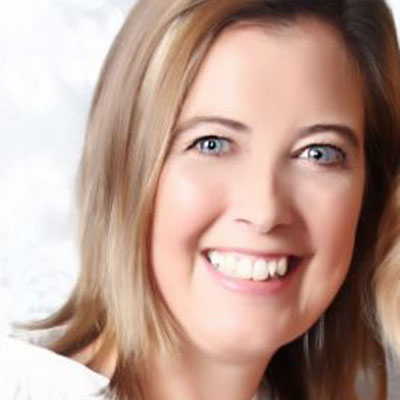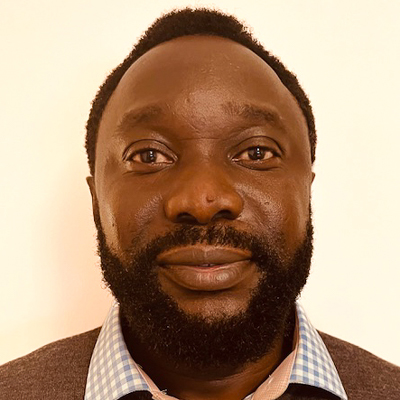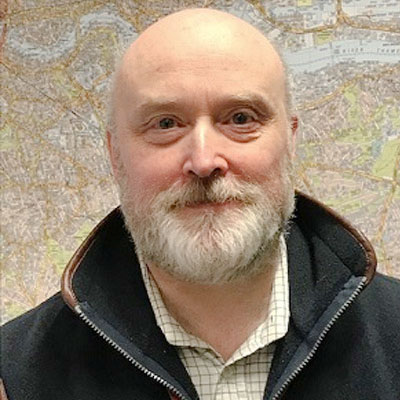Year one
You’ll learn about the research traditions of criminology and be introduced to key concepts, theories and issues. You’ll investigate different types of crime and you’ll also learn about criminal law and criminal justice agencies and institutions.
Year two
You'll study contemporary debates in criminology and criminal justice and the history and development of policing, crime control and prevention.
You can also choose from a number of optional modules to create a programme tailored to your personal interests. You can investigate the criminological imagination by exploring differing perspectives and theories within criminology. You can also study violent crimes such as homicide and robbery.
Year three
You’ll undertake an original piece of criminological research in an area that interests you and you’ll also be able to examine terrorism, punishment and penology and victimisation with our optional modules. You’ll have the choice to take our optional module in criminology which involves working with prison learners through a partnership with HMP Erlestoke.
There will also be opportunities to undertake a voluntary placement in an organisation relevant to the criminal justice sector with our optional community engagement module.

